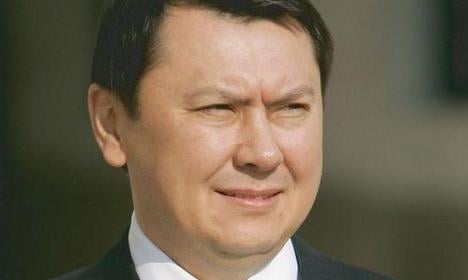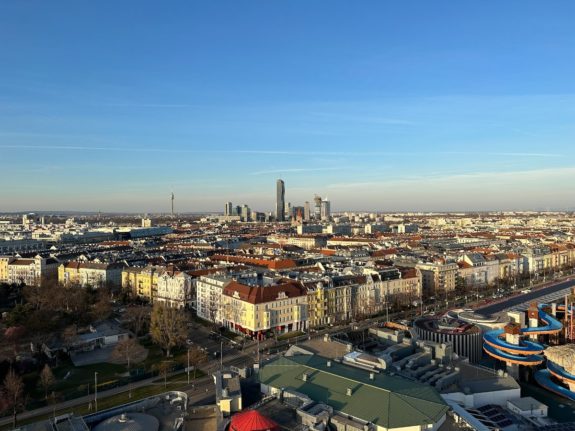According to a report in Der Falter news magazine, Aliyev was moved to a more secure prison cell after being the repeated target of threats and attacks.
Due to suicide risk, Aliyev would not be considered for solitary confinement, but will instead share a cell.
His lawyer Manfred Ainedter had corresponded with the prison governors, complaining about the threats of extortion and theft, with other prisoners allegedly asking for thousands of euros to leave Aliyev unmolested.
The case of the former son-in-law of Kazakhstan's president-for-life, who was also the deputy leader of its intelligence service and owner of a bank which employed the two men he is alleged to have murdered, has occupied the Austrian justice system already since 2007.
Kazakhstan has since sentenced Aliyev to two successive terms of 20 years each, in trials which have been deemed politically motivated by Austrian authorities. The Austrian government has also denied extradition requests from Kazakhstan for similar reasons.
Aliyev was placed under further investigation directly by Austrian police in 2011 after receiving evidence from the Kazakh government, and arrested him in June when he was visiting from his home in Malta.



 Please whitelist us to continue reading.
Please whitelist us to continue reading.
Member comments